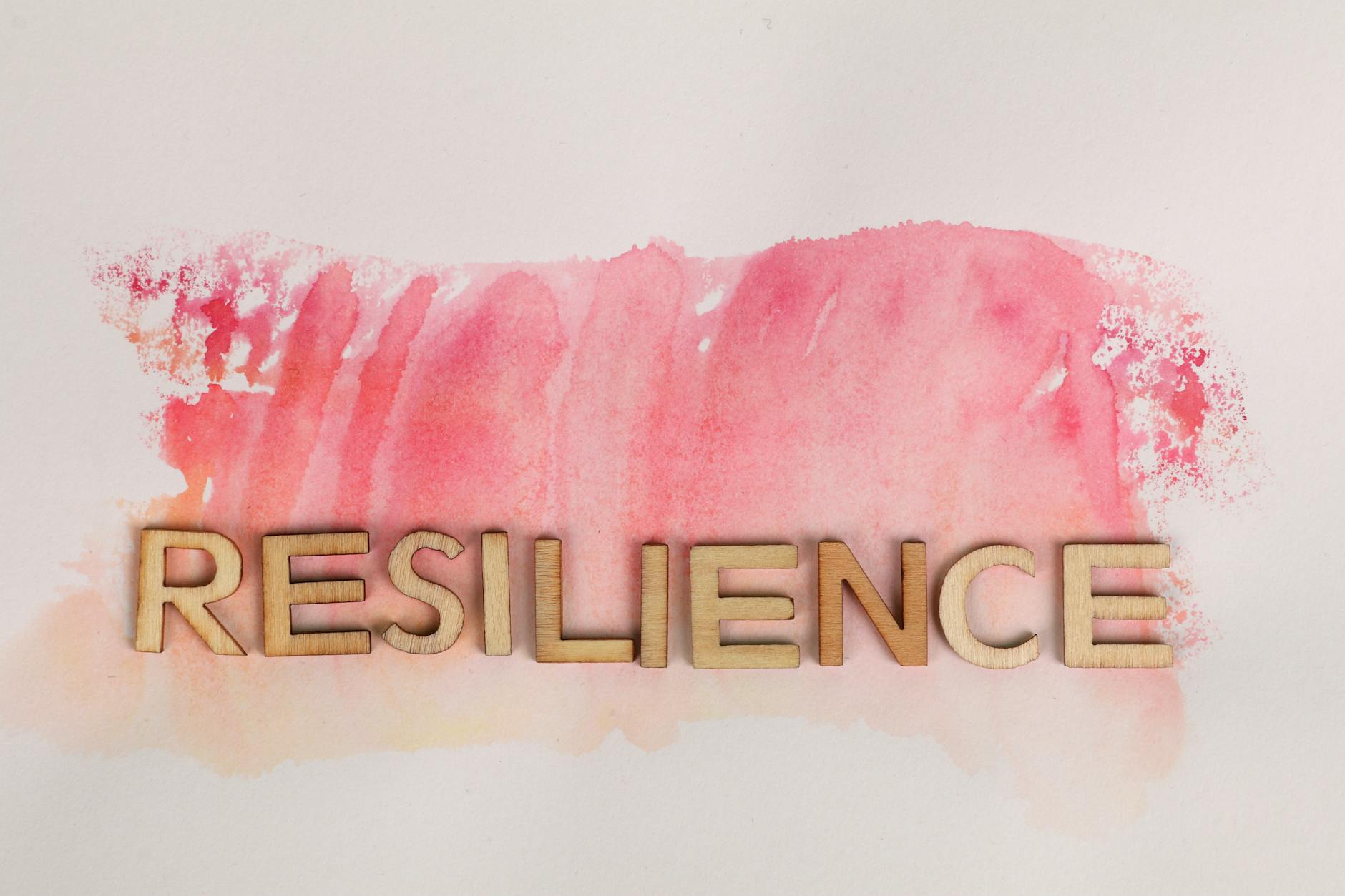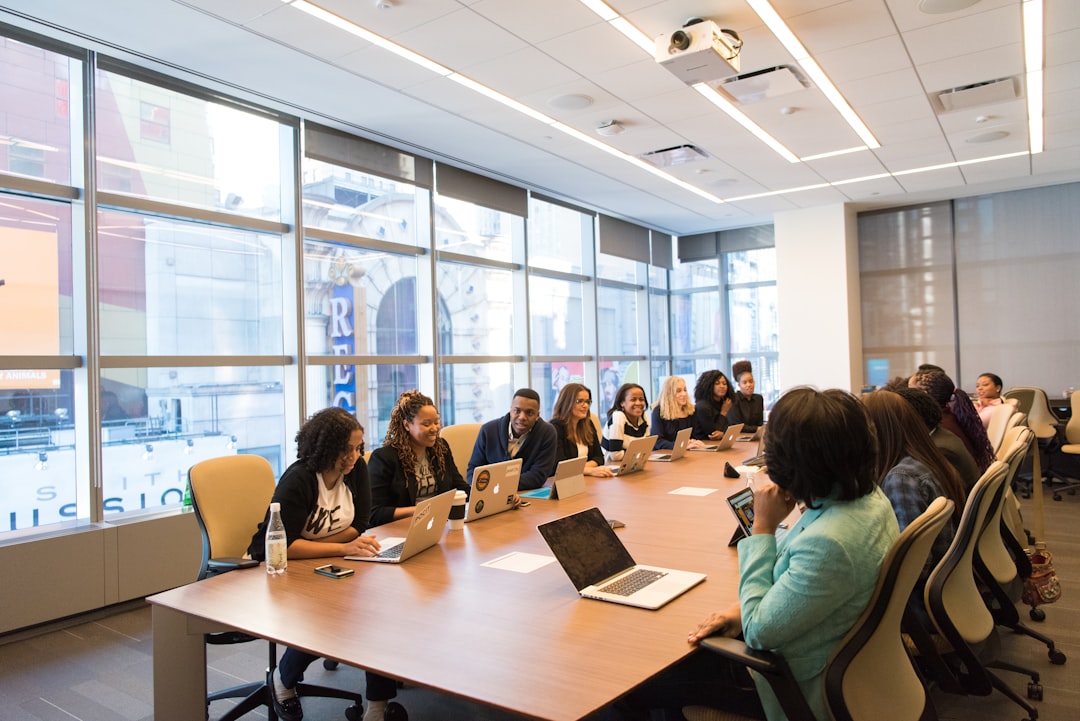The ability to cultivate a growth mindset is essential for personal and professional development. In this blog post, we will explore practical tips for daily application that can help you adopt and maintain a growth mindset. By understanding the art of cultivating a growth mindset, you can enhance your resilience, creativity, and overall success in various aspects of your life. Let's delve into the strategies that can empower you to embrace challenges, persist in the face of setbacks, and ultimately, achieve your full potential.
Understanding the Growth Mindset
Before diving into practical tips for cultivating a growth mindset, it's crucial to understand the concept and its significance.
What is a Growth Mindset?
A growth mindset refers to the belief that abilities and intelligence can be developed through dedication and hard work. Individuals with a growth mindset embrace challenges, persist in the face of setbacks, and view effort as the path to mastery. They see failures as opportunities for growth and learning, and they are inspired by the success of others. This mindset fosters resilience, a love for learning, and a willingness to take on new experiences.
Fixed vs. Growth Mindset
On the contrary, a fixed mindset is characterized by the belief that intelligence and abilities are static traits that cannot be substantially changed. Individuals with a fixed mindset tend to avoid challenges, give up easily in the face of obstacles, see effort as fruitless, ignore useful feedback, and feel threatened by the success of others. This mindset limits personal and professional development and hinders resilience in the face of adversity.

Photo by Alena Koval
Embracing Challenges and Learning from Failures
Embracing challenges allows individuals to develop creativity, problem-solving skills, and resilience. When faced with challenges, rather than avoiding or fearing them, embracing them can lead to personal growth and skill development. Just as a muscle grows stronger with resistance, so do individuals when they confront and overcome challenges.
Embracing Challenges

Photo by nappy
Embracing challenges involves viewing them as opportunities for growth and improvement, rather than as insurmountable obstacles. It involves stepping out of one's comfort zone and taking calculated risks in pursuit of personal development. By embracing challenges, individuals can expand their capabilities and develop a growth mindset, fostering a positive attitude towards learning and self-improvement.
Learning from Failures
Failure is an inevitable part of life, but it is how individuals respond to failure that shapes their growth and development. Instead of viewing failure as a dead-end, individuals can reframe it as a learning opportunity. By analyzing the reasons behind the failure, individuals can gain valuable insights and adjust their approach for future endeavors.
By acknowledging and learning from failures, individuals can cultivate resilience and adaptability, essential traits for success in both personal and professional pursuits. Each failure provides an opportunity for introspection, learning, and growth, ultimately contributing to the development of a growth mindset.
Cultivating Resilience and Perseverance
Before achieving a growth mindset, it's essential to cultivate resilience and perseverance. Developing resilience involves building the mental and emotional strength to overcome challenges and bounce back from adversity. It requires acknowledging setbacks as temporary and learning experiences, rather than insurmountable obstacles.
Developing Resilience
Resilience involves embracing change and managing stress effectively. It's about adapting to new circumstances and bouncing back after encountering difficulties. Cultivating resilience includes nurturing a positive self-view, fostering strong problem-solving skills, and maintaining a hopeful outlook, even amidst adversity.

Photo by Ann H
Practicing Perseverance
Practicing perseverance involves the commitment to continue striving for goals despite encountering obstacles. It's about sustaining effort and maintaining focus, especially when faced with setbacks or challenges. This entails harnessing determination, patience, and grit to navigate through difficulties and achieve long-term objectives.
Cultivating resilience and perseverance lays a solid foundation for embracing a growth mindset and reaping its benefits in personal and professional endeavors.
Fostering a Love for Learning and Improvement
In today's ever-evolving world, fostering a love for learning and improvement is key to developing a growth mindset. Embracing curiosity opens the door to new possibilities and allows individuals to approach challenges with an open mind. Seeking continuous improvement encourages individuals to strive for excellence and reach their full potential.
Embracing Curiosity
Embracing curiosity involves a willingness to explore, ask questions, and seek understanding. It's about maintaining a sense of wonder about the world around us and being open to new experiences. When we embrace curiosity, we invite the opportunity to learn and grow, igniting our passion for knowledge and discovery. Curiosity is the driving force behind creativity and innovation, propelling individuals towards new horizons and opportunities.
Seeking Continuous Improvement
Seeking continuous improvement is a commitment to ongoing personal and professional development. It involves setting high standards, reflecting on past experiences, and actively seeking ways to enhance skills and knowledge. By prioritizing continuous improvement, individuals position themselves for success and adaptability in a rapidly changing environment. Embracing a mindset of continual growth fosters resilience and a proactive approach to overcoming obstacles.

Photo by Andrea Piacquadio
Overcoming Obstacles and Adversities
Changing Perspectives on Setbacks
When faced with obstacles, it's essential to reframe setbacks as opportunities for growth. Instead of viewing challenges as roadblocks, see them as stepping stones towards personal and professional development. Embracing the belief that setbacks can lead to valuable lessons fosters resilience and a growth-oriented mindset. By shifting your perspective, you can transform adversity into a catalyst for self-improvement.
Building Mental Strength
Developing mental strength involves cultivating resilience, determination, and the ability to adapt in the face of challenges. Practicing mindfulness, positive self-talk, and goal-setting can fortify mental resilience. Additionally, engaging in regular physical exercise and seeking support from a strong social network can bolster mental well-being. Building mental strength equips individuals with the capacity to navigate adversity with composure and confidence.

Photo by MART PRODUCTION
Nurturing a Positive and Solution-Oriented Attitude
Cultivating a growth mindset involves nurturing a positive and solution-oriented attitude. This mindset is essential for overcoming challenges and achieving personal and professional growth.
Adopting a Positive Mindset
Adopting a positive mindset involves training the brain to focus on the bright side of situations. It encompasses embracing optimism, seeking opportunities in difficulties, and maintaining a hopeful outlook. By acknowledging setbacks as temporary and viewing them as opportunities for learning and improvement, individuals can foster resilience and maintain a positive attitude even in the face of adversity.
Solution-Oriented Thinking
Solution-oriented thinking is a key aspect of nurturing a growth mindset. It involves focusing on solutions rather than dwelling on problems. Encouraging individuals to seek constructive ways to address challenges, this approach promotes a proactive and empowered mindset. By considering various possibilities and developing action plans, individuals can effectively navigate obstacles and propel themselves forward.

Photo by Andrea Piacquadio
Conclusion
In conclusion, cultivating a growth mindset is a transformative practice that can lead to personal and professional development. By embracing challenges, persisting in the face of setbacks, and seeking inspiration from the success of others, individuals can foster a mindset that fuels continuous improvement. The practical tips provided in this article serve as a foundation for daily application, empowering individuals to approach life with resilience, curiosity, and a commitment to lifelong learning. Embracing a growth mindset is a powerful tool for achieving goals, adapting to change, and ultimately realizing one's full potential.








